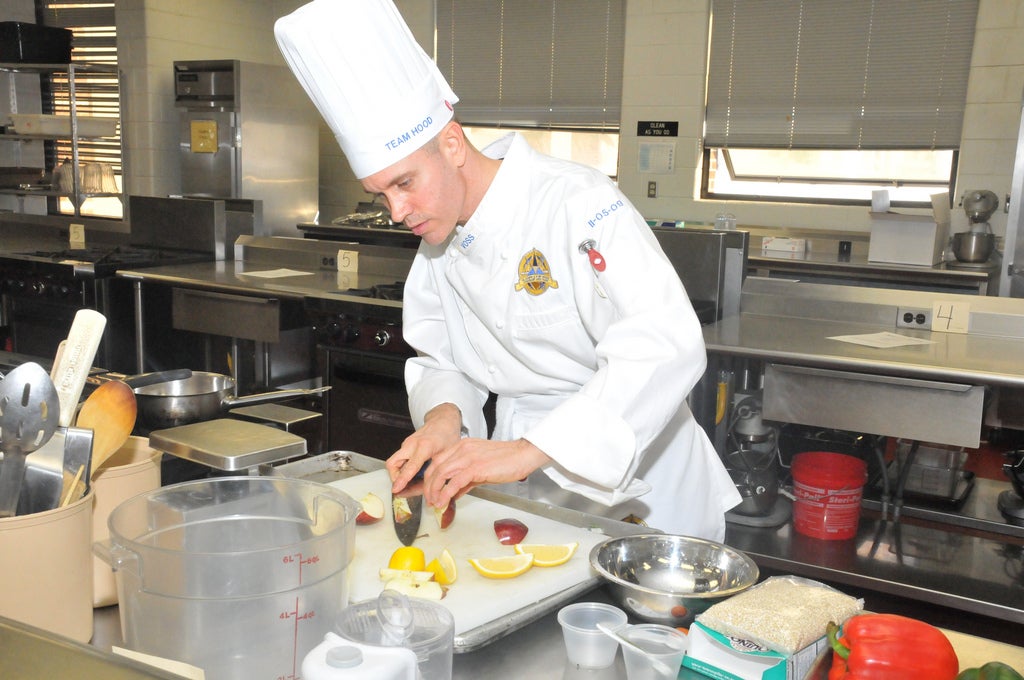
Your support helps us to tell the story
From reproductive rights to climate change to Big Tech, The Independent is on the ground when the story is developing. Whether it's investigating the financials of Elon Musk's pro-Trump PAC or producing our latest documentary, 'The A Word', which shines a light on the American women fighting for reproductive rights, we know how important it is to parse out the facts from the messaging.
At such a critical moment in US history, we need reporters on the ground. Your donation allows us to keep sending journalists to speak to both sides of the story.
The Independent is trusted by Americans across the entire political spectrum. And unlike many other quality news outlets, we choose not to lock Americans out of our reporting and analysis with paywalls. We believe quality journalism should be available to everyone, paid for by those who can afford it.
Your support makes all the difference.
What courses? Food and culinary arts; culinary arts management; food preparation and culinary arts; hospitality and culinary arts; professional culinary arts; cookery; food science; food technology; food and nutritional sciences.
What do you come out with? Generally a BA degree for the more artistic-based courses and a BSc degree for the likes of food technology and food science.
What’s it all about? It's all about learning how the food industry works in terms of contemporary issues related to food service/hospitality systems, food production techniques and approaches to management. Many courses offer the chance to specialise in particular skills, allowing you some flexibility of module choice. Modules across courses include: food and beverage management, wines and spirits, food production, gastronomy, diet and nutrition and menu planning.
What will I need to do it? Requirements vary but on average, 180 to 200 UCAS tariff points plus work experience in a relevant environment.
What are my job prospects? Graduates with degrees relating to food and hospitality go on to work for major food and hospitality employers or often undertake further postgraduate study. Other careers include professional culinary management and culinary artistry for food marketing companies.
Where’s best to do it? According to the Complete University Guide, Kings College London, Leeds, Reading, Newcastle and Nottingham are particularly great for food science.
Related degrees: Hospitality, tourism and leisure; marketing and advertising; and design.
Join our commenting forum
Join thought-provoking conversations, follow other Independent readers and see their replies
Comments